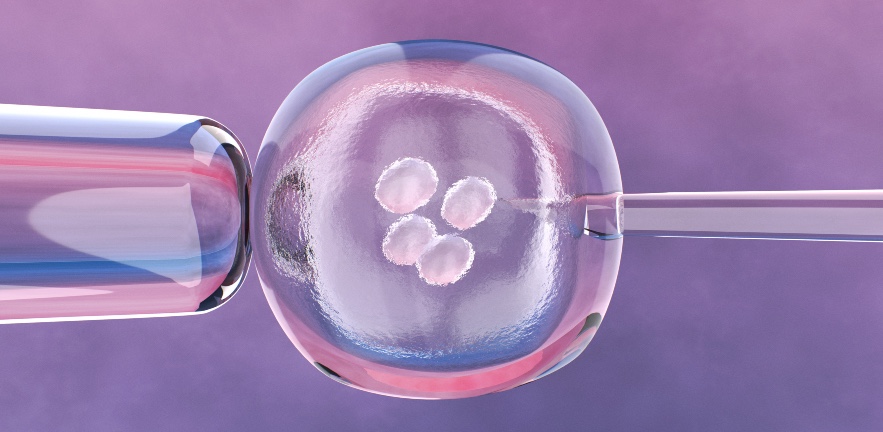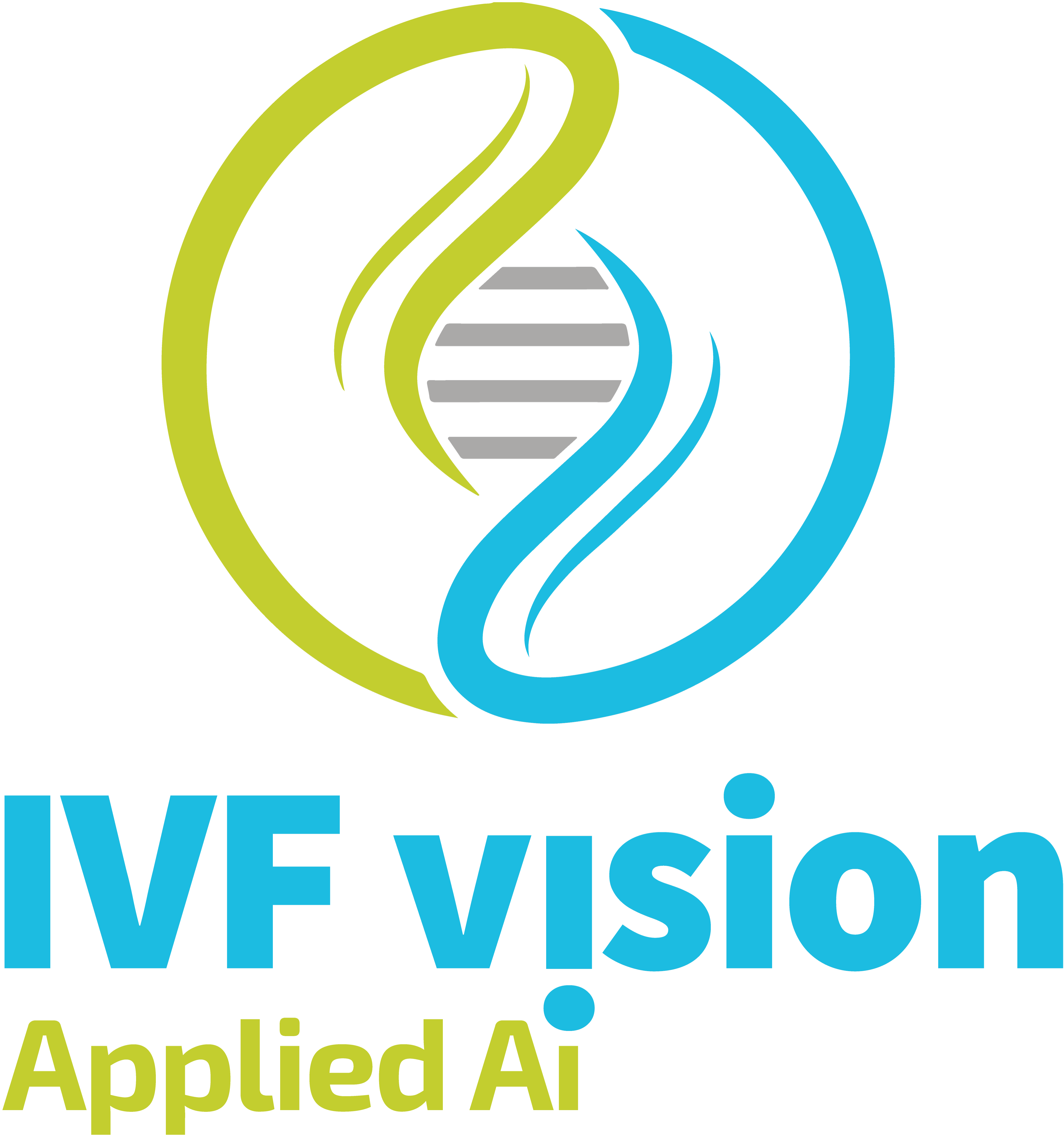
Innovation and inventions do not always come from careful planning. Actually, perhaps they rarely go in that order. Most of the time they come from spontaneous reaction to some stimulus. Such a moment it was when Dr Ioannis Sfontouris was having dinner with Spilios Theodoratos in Athens. Spilios at that time was leading a team of AI experts in a large financial institution and Ioannis was (and still is) co-ordinator of the Special Interest Group (SIG) for Embryology at the European Society of Human Reproduction and Embryology (ESHRE). The topic of discussion was simple: can AI help life, especially life reproduction?
This led to some serious work of how to create Convolutional Neural Networks (CNNs) to help on a very specific problem that embryologists face around the world. On the fifth day of the IVF treatment, they have to assess all the embryos and choose the most viable to implant to the mother. This process consists of the embryologist grading a blastocyst’s morphology on a scale. However, it is known that blastocyst scoring is an imperfect science and a subjective process. There is also no regulation on what ‘grade’ of blastocyst should be used for transfer into the uterus.
This research led to IVFVision.ai. This is an AI platform aimed at improving IVF success rates by helping embryologists select the most viable blastocyst. The preliminary studies displayed superior accuracy in outcome prediction and indicated great potential for improving IVF success rates which are currently as low as 20%. The present market standard is unacceptable, and the industry is not yet clear on which blastocyst morphological parameters used by embryologists best predict the outcomes of single blastocyst transfer. The new system has the growing capacity to assimilate and identify trends across thousands of blastocyst images, some of which are undetectable by the human eye, allowing greater rates of success in blastocyst implantation.
This invention was supported by EnterpriseTECH of the University of Cambridge and with the teamwork of Angus Buttar, Arnav Rawat, Chloe Watts, Hani Irfan, Lars Schaaf, Yama Latif it led to new heights.
The largest IVF Clinic in Cambridge accepted to conduct a study in order to externally validate the system. The results were presented to the American Society of Reproductive Medicine (ASRM) and were published the most prestigious scientific journal of Embryology the “Fertility and Sterility”. The results proved that the new invention outperformed Embryologists with more than 10 years’ experience in accuracy with 69.4% vs 66.1% and reliability of 1.00 vs 0.744.
The advice and the support that the inventors received from EnterpriseTECH led to the formation of a new legal entity and inventors not only received interest and support from the University but also from the investors’ community. They were transformed from an early-stage technology into a commercial business. The wisdom and the experience of Jeanette Walker, former Director of Cambridge Science Park, helped the newly formed company to avoid missteps and introduced the company to the investors’ community.
Starting from the Cambridge entrepreneurial ecosystem and the trove of knowledge that the University of Cambridge offers, the enthusiasm of the EnterpriseTECH students with the hard work of the inventor led to a potentially high impact company. Recently it was invited to NVIDIA’s Inception Program for AI companies. The system is now in production, and you can visit www.ivfvision.ai or contact the inventors at [email protected].
Special thanks go to Nurfarhani Irfan, Angus Buttar, Chloe A. Watts, Arnav Rawat and Lars Schaaf, students of the University, for the hard work to research the market and advice us on risks and opportunities and provide us with suggestions for future product development.



Leave a Reply